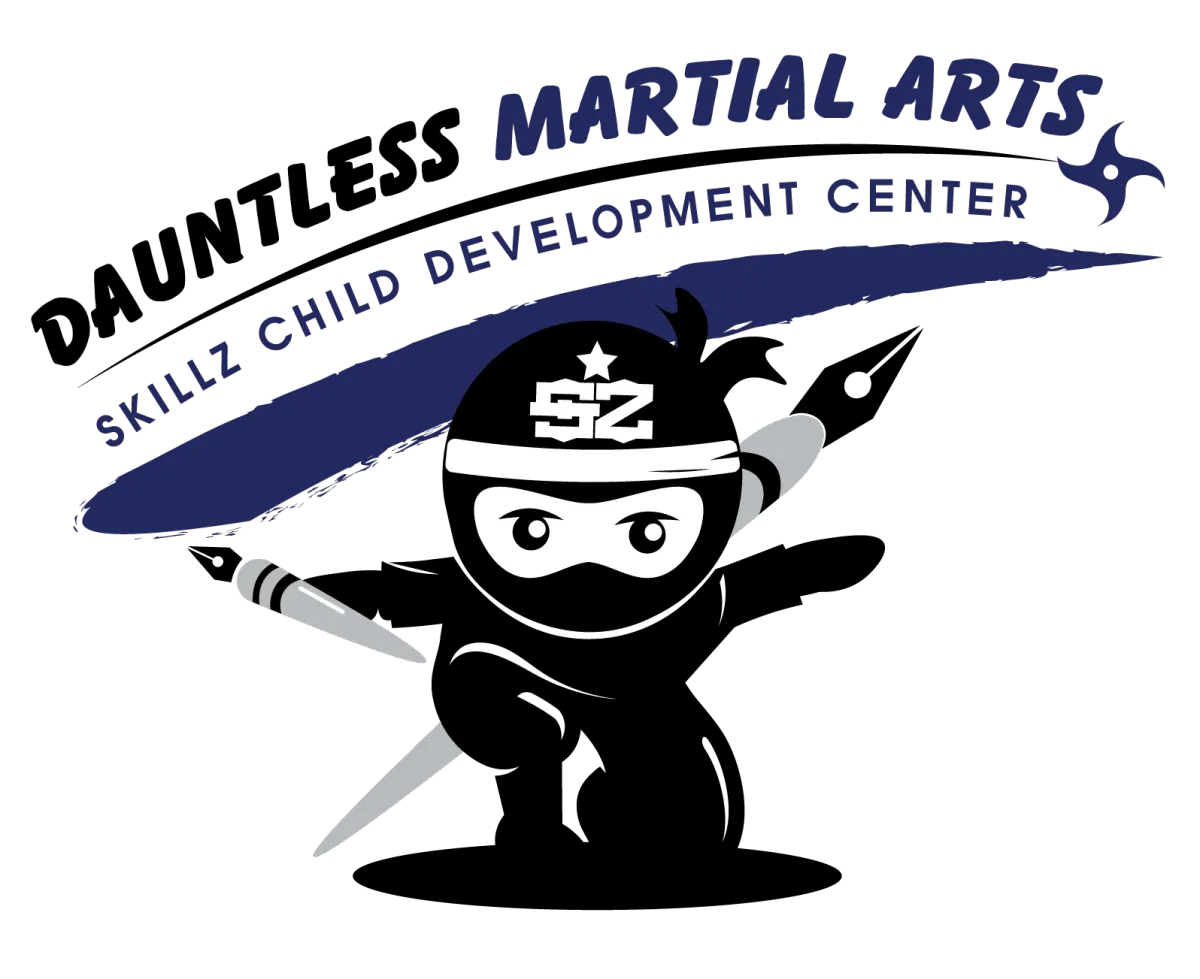Social Development Goals
Do you remember the carefree days of your youth? Running outside to meet up with your friends at the park and keeping an eye on the sun and streetlights to know when it was time to head home for dinner and family time. Those were the days!
Present-day socialization practices for our children are on a whole other level! Not only do they engage in very different in-person interactions amid the ongoing pandemic, some also engage in social media connections with peers that are far from the days of our youth, free of accessible technology anytime right at our fingertips.
As we all continue to navigate through these unprecedented times, it goes without saying that our children’s social and emotional development has been affected—for some more so than others. From our youngest ninjas to our teen ninjas, all of our children have experienced some degree of shift in their ability to make healthy social connections. This all begs the question: how can we best support our children’s social development in the New Year?
Recognizing Current Social Challenges
Before we can dive into socially supportive strategies, we must first recognize and appreciate where our children are currently at in their social growth and development. Let’s break it down by SKILLZ age groups:
Early SKILLZ Friends (3–4 years old)
Challenges: Communicating through physical means vs. verbal, struggling with turn-taking, very self-focused.
Why? Limited vocabulary and underdeveloped regulation skills often lead to physical expression when overwhelmed.
Basic SKILLZ Friends (5–6 years old)
Challenges: Seeking constant attention, easily distracted by peers, impulsivity, poor sportsmanship.
Why? Growing vocabulary but still an underdeveloped prefrontal cortex = lots of “speak/act before thinking.”
Core SKILLZ Friends (7–9 years old)
Challenges: Frustration when things aren’t fair, tattletaling, disliking the spotlight.
Why? This age is marked by growth in reasoning and critical thinking, but still struggling with emotional regulation.
Extreme SKILLZ Friends (10–14 years old)
Challenges: Peer pressure, risky behavior, fear of peer judgment, emotional rollercoasters.
Why? Teens are navigating the “Imaginary Audience” (belief they’re constantly being watched/judged) while still developing decision-making skills.
Social Goals for Each Age
Early SKILLZ Goals
Provide time and space for peer play.
Stand back and let exploration happen!
Call out positive choices.
Offer choices for decision-making practice.
Reward emotional control when big feelings arise.
Basic SKILLZ Goals
Encourage teamwork and healthy competition.
Practice winning and losing gracefully.
Praise kindness, flexible thinking, and caring behaviors.
Core SKILLZ Goals
Create opportunities for building self-esteem.
Reinforce positive behaviors and effort.
Support emotional regulation and critical thinking as needed.
Extreme SKILLZ Goals
Provide safe, trusted space for teens to express emotions.
Offer frequent, safe opportunities for peer interaction.
Praise positive choices consistently.
Keep unconditional love at the forefront—be their safe place!
Final Thoughts
If you notice your child struggling with making positive social connections or thriving in their friendships, please consider speaking with one of our Pediatric Ninja Specialists here at Dauntless Martial Arts.
We know navigating today’s social universe isn’t easy. That’s why our team is here to support you every step of the way. Together, we’ll help all of our children thrive—physically, intellectually, emotionally, and socially.
✨ Author: Meg Klettke
(Proud Ninja Mom, Certified Pediatric Ninja Specialist, and Content Creator for SKILLZ Worldwide)
© Dauntless Martial Arts | Privacy Policy | Terms and Condition
